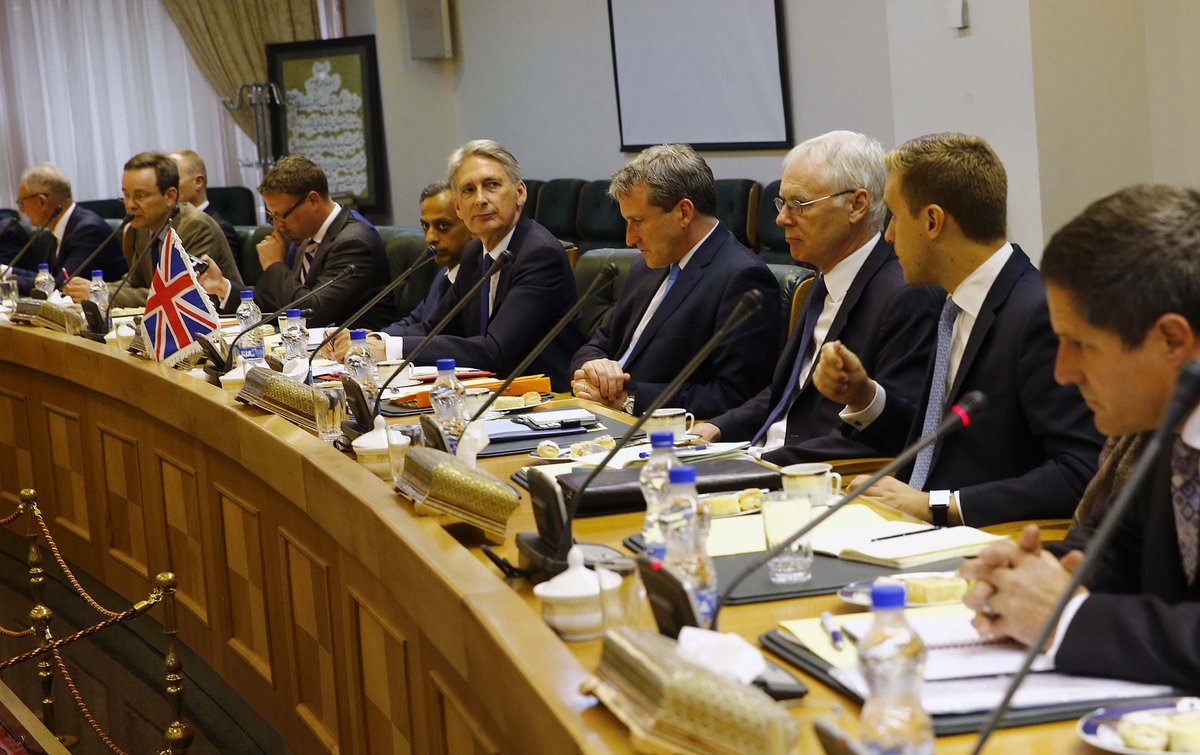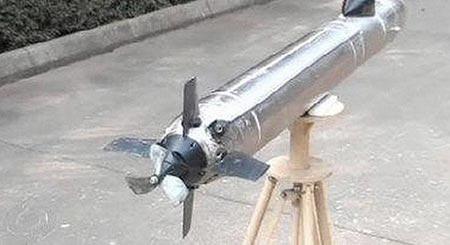Philip Hammond @PHammondMP 7 hours ago
Leading #UK business delegation with @damian57 to discuss future opportunities in #Iran for British business. pic.twitter.com/Gsqbvq6b0M

”Death to England” read the message in orange marker pen, daubed inside the elegant ambassador’s residence of the British embassy in Tehran. The motif was still visible on Sunday when Philip Hammond officially reopened the mission, four years after a mob vandalised its spacious premises.
On November 29 2011, this building along with every other in the embassy’s five-acre compound was ransacked by about 200 people, including members of the regime’s Basij militia.
The Foreign Secretary says Iran and Britain will not always agree but there should be no limit to what the countries can achieve together ….. He said WHAT?
Iran’s ayatollahs will never be friends of the UK
We are heading for disaster if we abandon our historic Middle East allies in favour of friendship with Tehran
In part from the Guardian: Here we go again: another British foreign secretary in Iran with the hopeful expectation of forging closer ties with the ayatollahs. Ever since Iran’s Islamic revolution in 1979, the holy grail of British foreign policy has been to reach out to the moderates in Tehran, thereby isolating the hardliners.
Back in the Eighties when, thanks to Iran’s Revolutionary Guard, British hostages such as Terry Waite and John McCarthy spent five or so years chained to radiators in Lebanon’s Bekaa Valley, Sir Geoffrey Howe, our then foreign secretary, frequently told me that the hostage crisis could be resolved if only we could establish a working relationship with the moderates in Tehran. But for all our entreaties, the hardliners won the day, and the hostages were eventually released when the ayatollahs deemed them to be surplus to their agenda.
More recently, in 2003, New Labour’s Jack Straw believed he had identified a similar moderate tendency in Iran’s political establishment, during the presidency of Mohammad Khatami. This, of course, was in the aftermath of the Iraq War, when the ayatollahs feared – not unduly – that they might be next on President George W Bush’s hit list.
Lord Lamont, the former Tory Chancellor, is one of the more vocal members among an influential group of establishment figures in London who advocate embracing the ayatollahs, a view that is also being enthusiastically taken up by those in the business community who hope to benefit from the estimated £100 billion Iran will soon receive when its overseas assets are released.
But in this unseemly scramble, the Government now appears content to turn a blind eye to some of Iran’s more egregious activities. For example, after an Iranian mob stormed and then trashed the embassy compound in 2011, the Government insisted there would be no restoration of relations until the Iranians paid full compensation for the damage caused. But as this newspaper reports today, Britain has paid the full cost of the repairs.
Similarly, Whitehall would like to draw a discreet veil over similarly vexing issues, such as whether the Home Office will be able to act against Iranian nationals who overstay their welcome in the UK. Without the proper safeguards, we could end up with Hizbollah and Revolutionary Guard terrorists setting up operations in the UK, just like al-Qaeda and Isil have sought to do.


